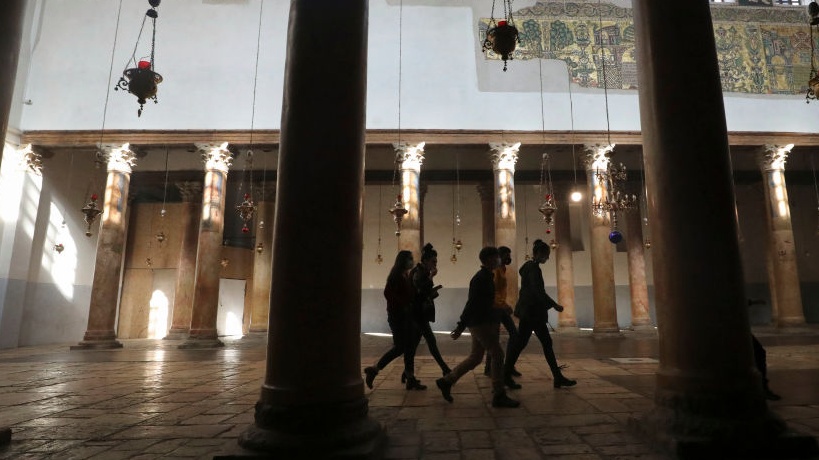The leaders of Murdock, Minnesota, are at odds with residents after approving a permit for the Asatru Folk Assembly, a church that said it is only for white people and has longstanding ties to white supremacist groups, according to NBC News.
Community members told NBC News they were outraged that the church has been allowed to settle in Murdock.
“I think they thought they could fly under the radar in a small town like this, but we’d like to keep the pressure on them. Racism is not welcome here," Peter Kennedy, who resides in the town, told the news outlet.
About 280 people live in Murdock and many of them have come out against a town council decision to grant a conditional use permit to the church, which espouses a European religion that existed before Christianity, Asatru Folk Assembly's website explains.
Facebook has had to remove its groups from the site because of the white supremacist content promoted. The Southern Poverty Law Center
created a lengthy report on the church and its roots within the country's neo-Nazi community.
"Present-day Folkish adherents also couch their bigotry in baseless claims of bloodlines grounding the superiority of one’s white identity. At the cross-section of hypermasculinity and ethnocentricity, this movement seeks to defend against the unfounded threats of the extermination of white people and their children," the Southern Poverty Law Center wrote in a report on the church.
"A late 2017 Instagram post by the Ásatrú Folk Assembly (AFA), perhaps this country’s largest neo-Völkisch hate group, exemplifies how Folkish adherents profess their urgency for preserving Folkish ways. The post’s caption, drawing on a popular racist meme, reads: 'In these mixed-up times it is important to remember not only that it is okay to be white but also that we owe to our descendants the same sturdy roots from which we ourselves have grown,'" the report added.
The church is based in Brownsville, California, but this year they bought churches in Murdock and in Linden, North Carolina.
The Minneapolis Star Tribune reported that the church bought the abandoned building in Murdock for $45,000. A chapter of the church celebrated the permit on Facebook.
For residents of Murdock, the church's decision to come to the town is particularly worrying because it has a growing population of people from Mexico and Central America, who work on the town's corn and soybean farms.
On Facebook and in interviews, citizens of the town said they were worried about their Latinx population and were furious at the town council for approving the permit.
"We’re a welcoming community. That’s not at all what the people of Murdock feel. Nobody had a problem with the Hispanics here,” one town resident told NBC News.
The town council has defended its decision by saying the church would have sued if they denied the permit based on religious discrimination laws.
Legal experts were split on the subject, with some telling NBC that the town was right to be wary of lawsuits, while others said the inherent racial discrimination was enough to deny the permit.
“No institution that proposes to exclude people on account of race is allowed to run an operation in the state of Minnesota,” Laurence Tribe, a Harvard constitutional law professor, said.
Stephanie Hoff, the lone council member who voted against the permit, said she wanted the city to fight the church in court instead of caving and allowing them to settle in the town.
“I know that we have the legality standpoint, and I personally felt we had a chance to fight it. I think we could have fought it had we went to court. I felt that we had a case with the emotional and mental wellbeing of the city of Murdock,” she said.
But Mayor Craig Kavanagh said he and others were advised by a lawyer to grant the permit because the church would file an expensive lawsuit over First Amendment violations.
The group's members denied that it was a white supremacist organization in interviews with NBC News.
But its website has the following passage: "We in Asatru support strong, healthy white family relationships. We want our children to grow up to be mothers and fathers to white children of their own. We believe that those activities and behaviors supportive of the white family should be encouraged while those activities and behaviors destructive of the white family are to be discouraged."
